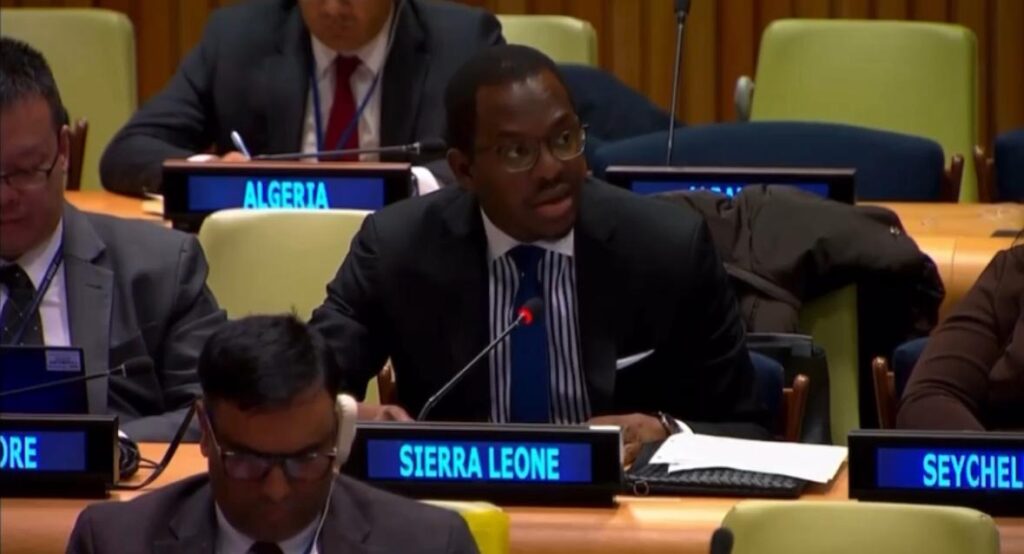In a decisive move at the United Nations, the African Union has voiced strong opposition to Lichtenstein’s “intermediate model” for Security Council reform. Ambassador Dr. Michael I. Kanu, representing Sierra Leone, delivered a resolute message during the second meeting of the Intergovernmental Negotiations, rejecting proposals that fail to address Africa’s long-standing demands for equitable representation.
The crux of the matter lies in Lichtenstein’s suggestion of creating new permanent seats without veto power, a move deemed unacceptable by Africa. Ambassador Kanu emphasized Africa’s stance: any reform must include not just non-permanent seats, but also at least two permanent seats for African nations, complete with veto rights.
The African Union adamantly asserts that models without veto power perpetuate historical injustices and do little to democratize the Security Council. Rejecting piecemeal approaches, they demand comprehensive reform aligned with the Common African Position, as outlined in the Ezulwini Consensus and Sirte Declaration.
As discussions unfold at the UN, Africa calls on Member States and interest groups to stand in solidarity, rectifying past imbalances and ensuring the Security Council reflects today’s geopolitical realities.



